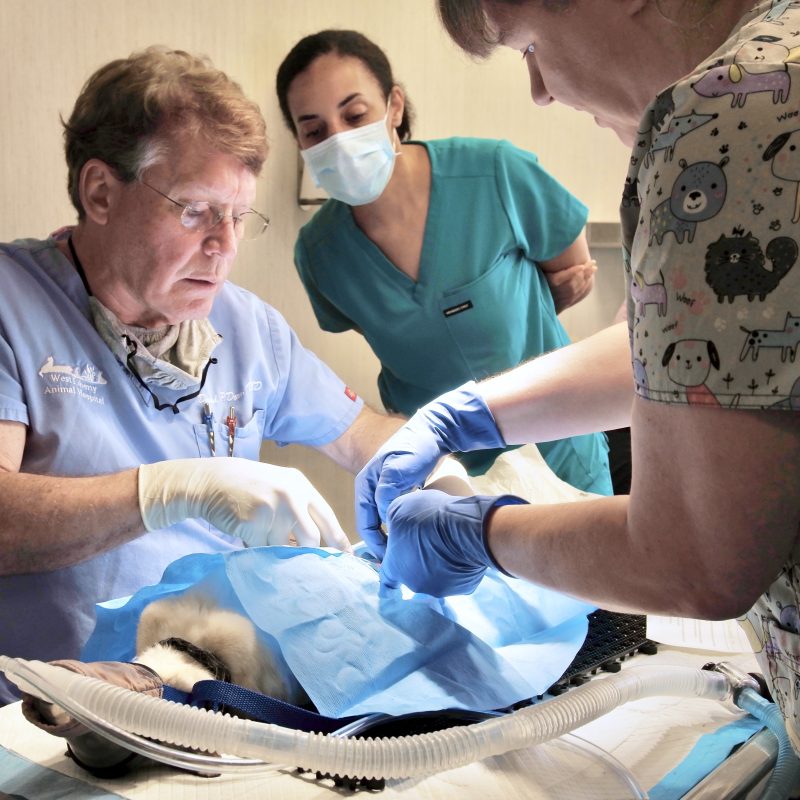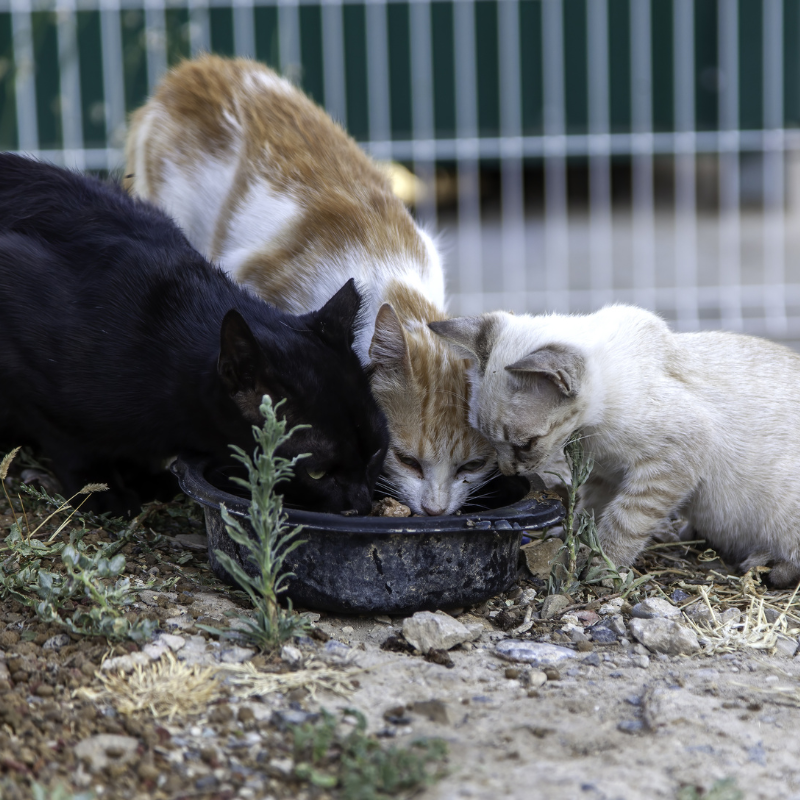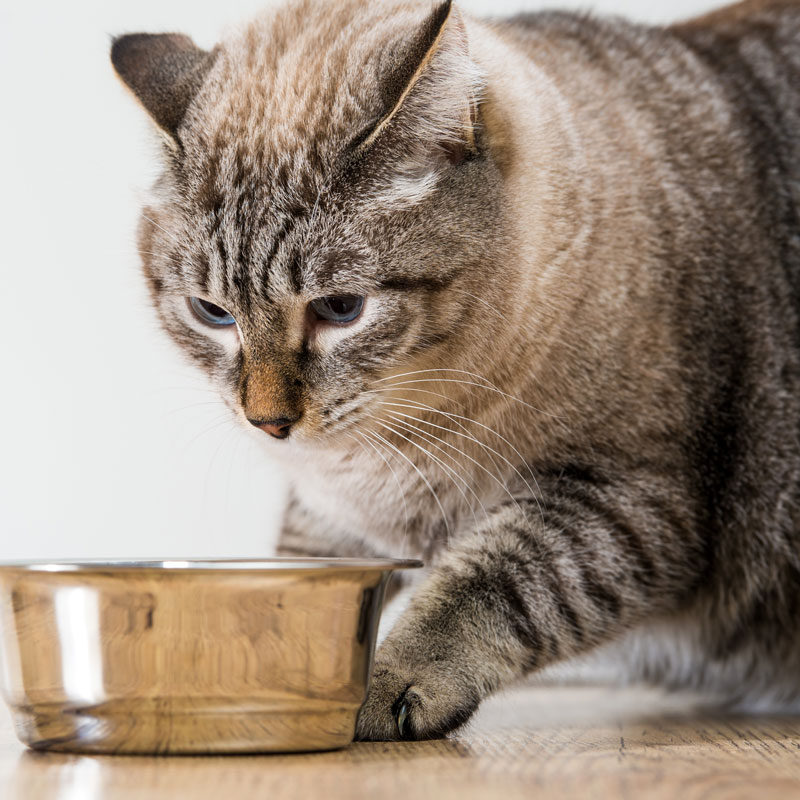
Interview! Dr. Christine Wilford, Founder, The Feral Cat Project
December 3, 2016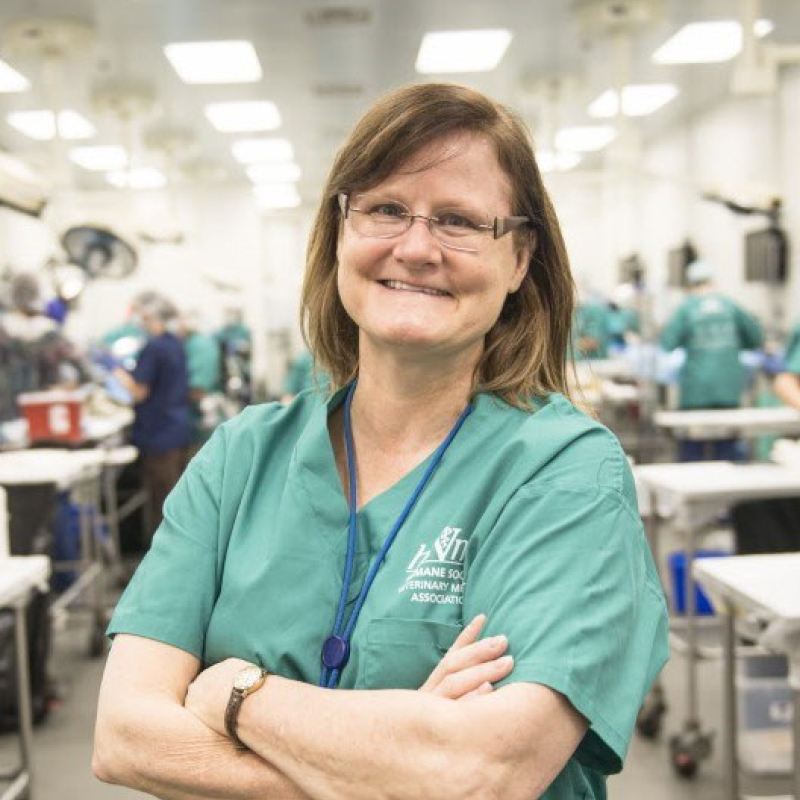
Interview! Dr. Julie Levy, Maddie’s Professor of Shelter Medicine at University of Florida College of Veterinary Medicine
December 6, 2016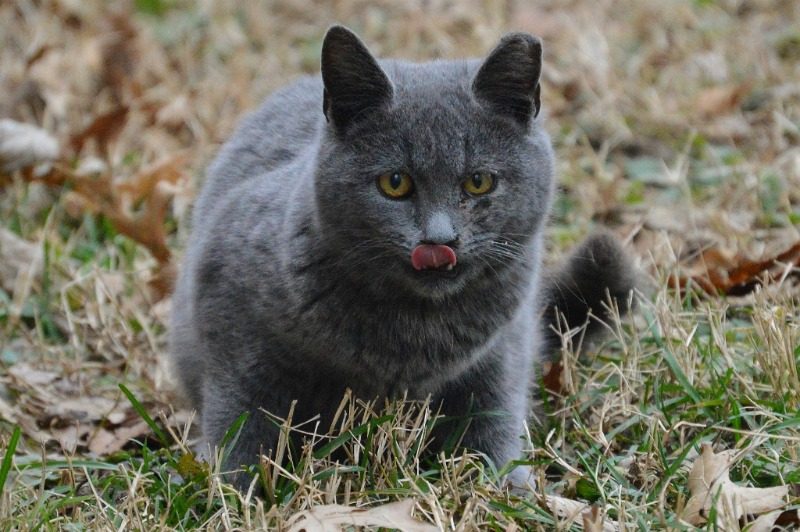
As many of you know, sandboxes are places that cats often use as litter boxes and many caregivers need to negotiate possible ways to keep cats out of sandboxes in communities. It’s time for Playing in the Sandbox! 10 Reasons For Coalitions and How To Do It is what I want to share with you. It’s important for people to get INTO that sandbox and share an easy way to run a coalition!
1. Personal Relationships Can’t be Made Overnight
I am the biggest fan of trying to stay out my car to travel to a meeting that seems to go on and on… However, by meeting in person you do develop relationships. That will lead you to maybe not be as shy about asking for help or sharing challenges that you have in the work that we do!
2. Resources can be Shared
If you don’t ask you won’t know! At meetings, you will find out more about an organization, what they do and what programs that they offer. You likely don’t know all of the programs an organization offers, so this is where you get to find! I can’t tell you how many times I have heard, “Wow, I didn’t know you did that?”…
3. Experience/Knowledge can be Shared
Look for mentors (people who are doing really exciting work!) to assist you with growing your programs. They can help you grow and teach you items you are lacking. This is the place to find a good mentor!
4. Understanding Language
As groups in Massachusetts started to get together in the early 2000’s at various events, we used words like limited admission, no-kill, open admission, feral, etc… Many of us didn’t know what all of these terms meant to each other because they had different meanings in different places! Similar things are happening now, as we talk about return-to-field, shelter-neuter-return, trap-neuter-return and so on. These terms can be very confusing to those of us who work in animal welfare. Just think how the general public must feel! Therefore, it’s important to understand the words you are using. We need to be careful to explain them to an audience that might not know what we are talking about!
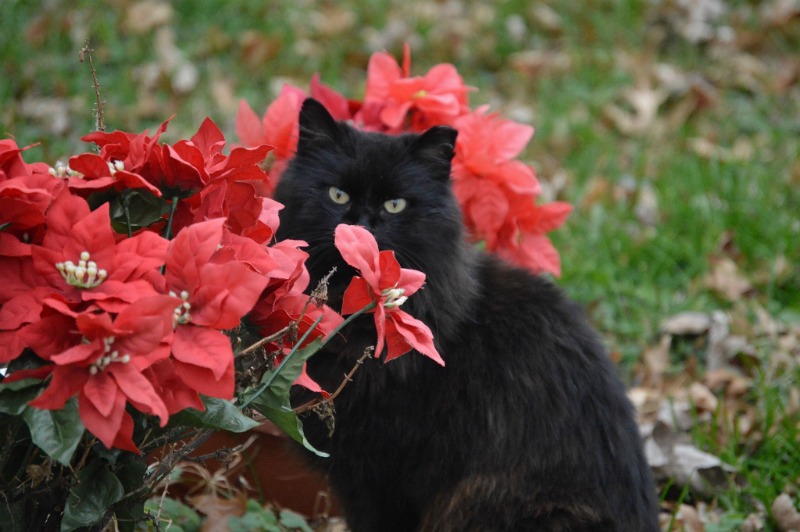
5. Larger Scale Statistics can be Helpful
By sharing, you can do group statistics which can be so very helpful! Check out this great link by the folks in Michigan at the Michigan Pet Fund Alliance. It shows the “save rate” progression mapping that has been done in this area. These statistics tell an amazing story of the reduction in euthanasia in Michigan over the years. To learn more about their work go to our 100th episode.
6. Targeted Projects can Accomplished More Easily
Working as a collaborative team means you can easily work on a targeted project. Many targeted funders are looking for projects that will assist over 500 cats in a year. Without a team effort, that can be too big of a project for one group to handle.
7. Provides a Unified Voice When Needed
By having connections already established, you can group together needed items and materials much more quickly. Think of how important that can be with the many projects animal shelters need to accomplish!
8. Large Scale Projects can be Tackled
You are able to dream big! If you want to create statewide change, a coalition can serve as your platform to empower and support you to make this change.
9. Great During Times of Emergency Response (i.e. hoarding situations)
Back in 2004, the Masscats Yahoo group started to help organizations network with other groups. One early benefit of this program was to help when a group ran into a large hoarding situation. In situations where you are dealing with 100+ cats, a lead group is beneficial in organization. They can help with dispersing these cats to assisting partners. Usually within a week, these situations will be resolved with support from Masscats.
10. You Don’t Feel Alone Anymore
Having a Sense of Community is so important! It is good to be able to know that you aren’t alone. Please, please, please, reach out to others and ask for help and support when your organization is in a time of need!
Quick Tips on How to set up a Coalition without it taking up all of your time.
Stay tuned, we have more information regarding setting up a coalition coming in January 2017.
1. Define your Coalition area. For example, is it statewide, nationwide, etc.?
2. Use technology. USE TECHNOLOGY! I am saying this twice because it is so important. Think of how far your reach can be with the new advancements in technology!
3. How often do you want to meet?
4. Make sure that any meeting you have is well organized and productive!!!!
Have a wonderful and productive week and thanks for tuning in!

